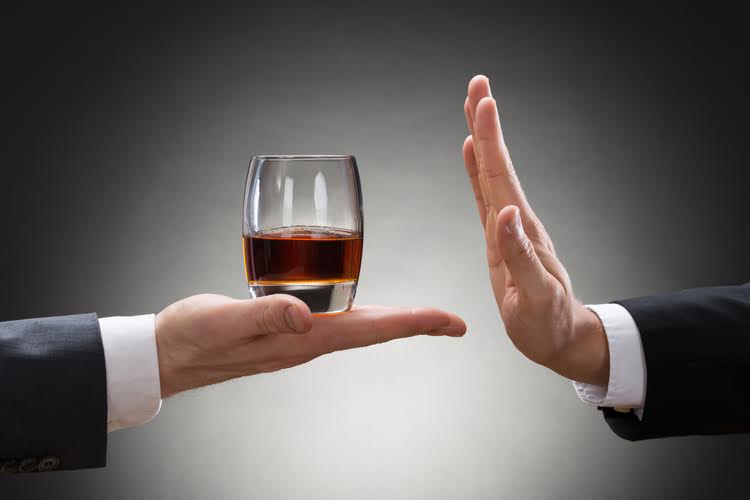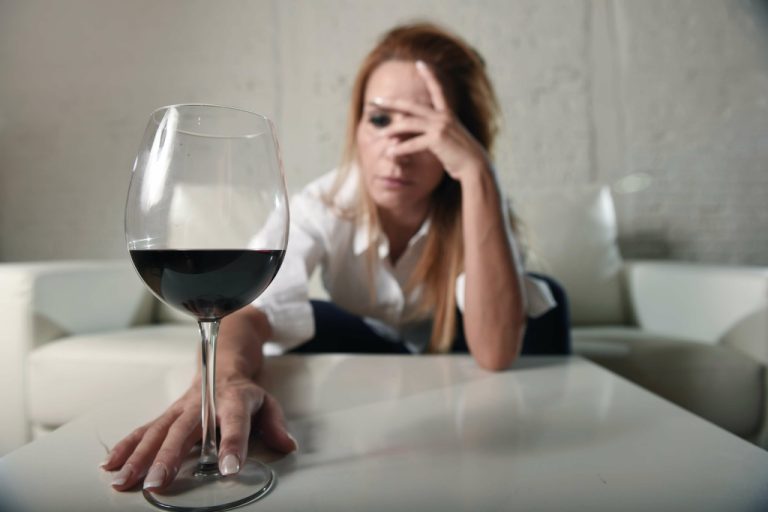Continue reading the article to learn some interesting facts about why you should not rely on beer as a hydrating drink and how you can consume beer yet keep yourself hydrated. Dehydration can also impact heart function, increasing the risk of heart attack or stroke, especially in people with pre-existing heart conditions. Dehydration can impair physical coordination and reaction time, leading to an increased risk of accidents, such as falls or injuries. Alcohol consumption can also impair the body’s ability to regulate its temperature. This is because alcohol can affect the hypothalamus, the part of the brain that controls body temperature. Dehydration can increase the risk of heat stroke, especially when combined with exposure to hot and humid environments, such as in a crowded bar or nightclub.

How Much Wine Can You Drink Before You’re Dehydrated?
- With impaired antidiuretic hormone, you’ll notice more trips to the bathroom and less concentrated urine.
- Alcohol can disrupt electrolyte balance, which can contribute to dehydration.
- Contrary to popular belief, greasy foods will not help you combat a hangover.
- Alcohol flush is a temporary reaction that usually disappears within a few hours after you stop drinking.
- ADH is responsible for regulating the body’s fluid levels, and when it is inhibited, the body will produce more urine to flush out the excess fluid.
It’s important to know that drinking can lead to dehydration, especially if you’re not careful. Next time you’re out enjoying a drink, remember to balance it out with water. amphetamine addiction treatment Staying hydrated is key, and it can help you feel better overall. Don’t let the fun of a night out turn into a headache the next day. Keep these facts in mind, and you’ll be in a better spot to enjoy your drinks without the dehydration hangover. And if you let it go on for too long, it can mess with your electrolyte balance and kidney function.
In this article, we’ll break down the facts about alcohol and hydration, clear up some common misconceptions, and give you tips on how to stay hydrated while enjoying your drinks. Understanding how alcohol impacts your body’s fluid levels is key to making smarter choices when you’re out socializing or just kicking back at home. By implementing these strategies, you can help counteract the dehydrating effects of alcohol and maintain better overall hydration and health. These practices not only prevent dehydration but also contribute to a safer and more enjoyable drinking experience.
- Alcohol triggers this response almost immediately after its consumption, speeding up fluid loss, which, if not replenished, can quickly lead to dehydration.
- So each glass of beer, wine, or spirits has about 10 grams of alcohol.
- The most effective approach is to replenish both fluids and electrolytes.
How to prevent dehydration from alcohol consumption?
- So, listen to your body and don’t ignore the signs of dehydration.
- If you’re drinking at altitude (and you’re not used to it!) remember that dehydration is a much bigger concern.
- Additionally, replenishing electrolytes through foods or supplements can help restore the balance disrupted by alcohol-induced sweating.
- However, alcohol may be detected in the blood, urine, and breath for longer periods, depending on the type of test used.
- You should try drinking 3-4 liters of water instead to prevent kidney stones.
Explore why does alcohol dehydrate you Mindful Drinking resources for additional guidance and support. Over time, mass mineral and electrolyte deficiencies can lead to rapid dehydration when alcohol enters the picture. A meal or snack can help restore some of the nutrients lost from dehydration while soaking up any alcohol still in your digestive tract. You’ll also want to include a quick dose of electrolytes, which work on a cellular level to carry much-needed fluids in and out of the cell.
Rob Gronkowski Got Hit by a Flying Can of Beer During Victory Parade
Electrolytes, such as sodium, potassium, calcium, and magnesium, are essential for maintaining the proper balance of fluids in the body. They help regulate the movement of water and nutrients in and out of cells, ensuring optimal hydration levels. Electrolytes also play a role in muscle function, nerve signaling, and maintaining pH levels.
Dehydration’s Timeline and Telltale Signs
One simple yet effective strategy to combat this is to drink plenty of water or other hydrating beverages alongside alcoholic drinks. Consider alternating alcoholic beverages with water, herbal tea, or electrolyte drinks to stay hydrated throughout the night. For more information on how alcohol affects hydration, check out this helpful article on alcohol dehydration. The dehydrating effects of alcohol are primarily due to its impact on vasopressin, an antidiuretic hormone (ADH). This suppression means your kidneys release more water into your bladder, resulting in increased urination and potential dehydration. This process is why https://zoommediadigital.com/mastering-relapse-prevention-planning-your-guide-2/ you might find yourself making frequent trips to the bathroom after a few drinks.
Therefore, it is important to be aware of the symptoms of alcohol dehydration and to drink plenty of fluids when drinking alcohol. While thirst is a common sign, alcohol dehydration can sneak up on you with symptoms that don’t seem related to fluid loss at all. For example, have you ever struggled to focus or experienced unexpected mood swings after drinking?

Common signs of dehydration include feeling thirsty, having a dry mouth, headaches, and feeling tired or dizzy. It suppresses the production of an essential hormone, vasopressin, which ordinarily regulates the reabsorption of water in our kidneys. As alcohol inhibits vasopressin, our kidneys send water straight to the bladder instead of reabsorbing it into our bodies, accelerating the rate of water loss. Don’t assume that a single glass of wine will overly dehydrate you, but keep in mind that wine is generally dehydrating compared to other alcoholic beverages like beer. As you can see, wine can dehydrate you if you drink it on an empty stomach or if you drink multiple glasses in a row without drinking water to accompany them. However, the specifics of wine and dehydration are very dependent on individual metabolisms, whether you are consuming your wine with a meal and other factors.
Curious about your oxidative stress levels?
Ethanol is a toxic compound that impairs the normal function of cells, tissues, and organs. Yes, alcohol’s diuretic effect can lead to dehydration, regardless of whether you feel thirsty or not. Alcohol stimulates the bladder, leading to more frequent urination.
Use these social-bookmarking links to share Why does drinking alcohol cause dehydration?. Your body has detectors that can sense both the saltiness of your water, and the volume of the water. If these detectors reckon that you are dehydrated, they send a signal to the posterior pituitary gland, which starts pumping out ADH. The job of ADH is to stop you urinating, so you hang on to your precious water. This difference means some drinks might only slightly nudge your body towards dehydration, while others practically shove it down that path.
Alcohol’s Impact on Kidneys
Contrary to popular belief, greasy foods will not help you combat a hangover. That grease is not going to absorb the alcohol — which has already made its way through your liver. “It might sound good at the moment, but it won’t actually make your body feel better,” Michalczyk adds. Some hangover symptoms result from nutrient deficiencies, and vitamin B12 is particularly affected by alcohol use, according to a study.